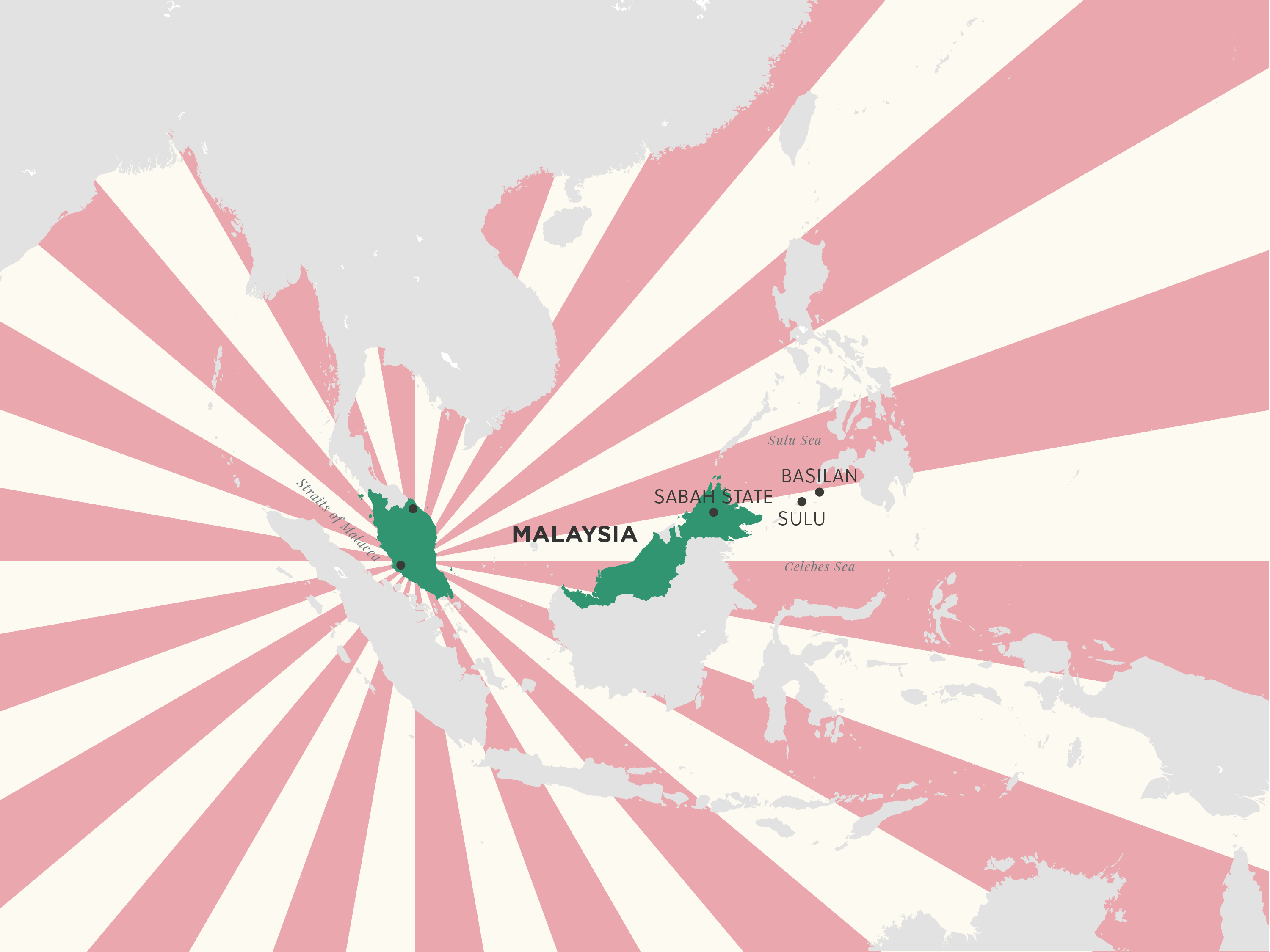Beer, Bombs, and Borders: Islamist Militancy in Malaysia

According to the Pew Research Centre, a think-tank, at least 11 percent of Malaysian citizens are sympathetic to IS’s cause. This is reflected in the number of arrests of individuals with alleged links to the group, which have increased exponentially in the past five years (see chart below, IS-linked Arrests in Malaysia). Malaysian authorities are particularly concerned about the increased number of foreign nationals being arrested in counter-terrorism operations. Approximately 45 of the 70 suspected foreign militants arrested in the country in the past five years were detained in 2017. They reportedly included Philippine, Indonesian, Yemeni, Bangladeshi, Iraqi, Maldivian, Turkish, Albanian, and Chinese nationals. This increase is likely due to recent IS propaganda encouraging would-be militants to travel to Southeast Asia instead of the Middle East, following territorial losses in Iraq and Syria. Malaysia, in addition to the domestic threat, can also be seen as a staging post for militants attempting to reach other regional hotspots, such as the southern Philippine island of Mindanao, where numerous IS-aligned groups, including the Abu Sayyaf Group (‘ASG’), operate.
Many of the arrested foreign fighters entered the country on legitimate student and work visas. Others, who were able to obtain identity papers from professional forgers in other countries or from corrupt officials, made use of trafficking networks along the country’s porous northern border with Thailand. Long-established smugglers’ routes along Sabah State’s maritime border with provinces in the southern Philippines, such as Sulu and Basilan, and familial, clan, and ethnic ties between these regions likely facilitated the entry of ASG-linked Philippine nationals. Some of the suspected foreign fighters even managed to obtain employment as security guards, including at the national water utility in Kuala Lumpur.
Despite numerous arrests of IS-aligned militants in recent years, Malaysian security officials say that another successful attack in the country is a matter of “not if, but when.”
Malaysian security agencies claim to have prevented all but one of the attempted militant attacks in the past five years. In addition to conventional intelligence gathering techniques, the Malaysian government and its security agencies employ deradicalisation programmes, comprising short prison sentences, vocational training, family counselling, and theological guidance from Malaysia’s main religious authority, Jabatan Kemajuan Islam Malaysia (‘JAKIM’ – Department for Islamic Advancement). These programmes have reportedly made Malaysian citizens more willing than those from other regions, such as Europe, to report suspicious behaviour by friends or family members. Unlike their European counterparts, Malaysian counter-terrorism investigators share linguistic and cultural links with the majority of militant suspects in the country. Investigating officers therefore understand the colloquialisms and references used by suspected militants, and can more easily detect planned attacks in intercepted communications.
Despite the reported successes and efficacy of Malaysian security agencies, the cancellation of Better Beer Festival may mark an inflexion point. Against a backdrop of 19 foiled plots between 2013 and 2017, an increasing frequency of terrorist-related arrests, and a potential pivot towards Southeast Asia by IS after territorial losses in the Middle East, the challenges facing Malaysia’s security services are only likely become more pronounced. Furthermore, as the cancellation of September’s beer festival demonstrates, militant plots don’t even have to succeed to have a commercial impact.